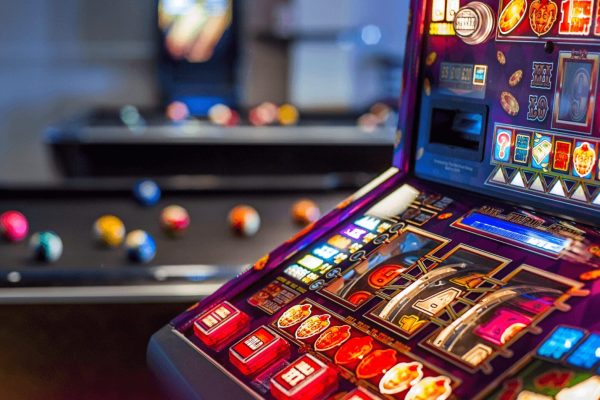The fast growth of blockchain technology has caused significant changes in many fields, including games. Online casino betting is a popular way to have fun and gamble, but there have been worries about how fair, safe, and trustworthy it is for a long time.
Traditional online casinos usually use centralized systems. But this approach is open to manipulation, fraud, and a lack of transparency, which makes players suspicious.
Blockchain-based games offer a compelling alternative by addressing these fundamental issues. The use of blockchain technology enables a Bitcoin casino to develop a gaming environment that is transparent, safe, and decentralized. This environment improves the player experience and fosters trust between players and the casino.
Play-to-Earn Opportunities
Players may earn real money from their in-game actions in play-to-earn games. As a result, gamers are more motivated to keep at it as they see their efforts pay off in the form of real money. The combination of fun and money has attracted gamers who want to use their skills and talents in more enjoyable and satisfying ways.
This opportunity fosters foster vibrant and engaging gaming communities. Players connect and develop a strong feeling of camaraderie as they work together, compete against one another, and create alliances in pursuit of in-game benefits.
Transparency and Fairness
One of the primary reasons why gamers are attracted to transparency is the desire for a level playing field. Traditional ways of playing games sometimes tell players how the game works on the inside. This lack of clarity can lead to skepticism and unfairness, where players may wonder if the odds are against them or if developers planned the game results.
But with blockchain-powered gaming systems, gamers can see data in real-time and confirm the honesty of the game’s algorithms. All transactions, from bets to wins and losses, are recorded permanently on the blockchain, guaranteeing the game’s integrity.
These algorithms use cryptographic methods to provide random and fair game results. Players may check the game’s fairness on time, removing any questions regarding tampered outcomes.
Tamper-Proof Transactions
Decentralized networks carry out the validation and recording of transactions in blockchain technology. These transactions are encrypted and connected in a chain of blocks that constitute a ledger that cannot be altered or tampered with.
Every transaction on the blockchain is visible to all participants, creating an open and verifiable record of activities. Gamers can independently verify the authenticity of transactions, ensuring that they are not being deceived or manipulated by game developers or other players.
Ownership of In-Game Assets
In traditional gaming models, players may invest considerable time and effort accumulating rare or precious goods, only to have those objects restricted to the game’s ecosystem.
In blockchain-based games, players take ownership of the items they acquire. These in-game assets come in the form of NFTs, one-of-a-kind digital tokens with verifiable ownership recorded on the blockchain. It indicates that players own the assets outside of the context of the game and that these assets might have value in the real world.
Conclusion
Online gamers prefer blockchain-based games for their unique advantages in play-to-earn opportunities and other benefits. It creates a vibrant and dynamic player-driven economy where players can interact, collaborate, and negotiate deals based on the value of their assets. Blockchain-based games can revolutionize the online casino gaming experience.





